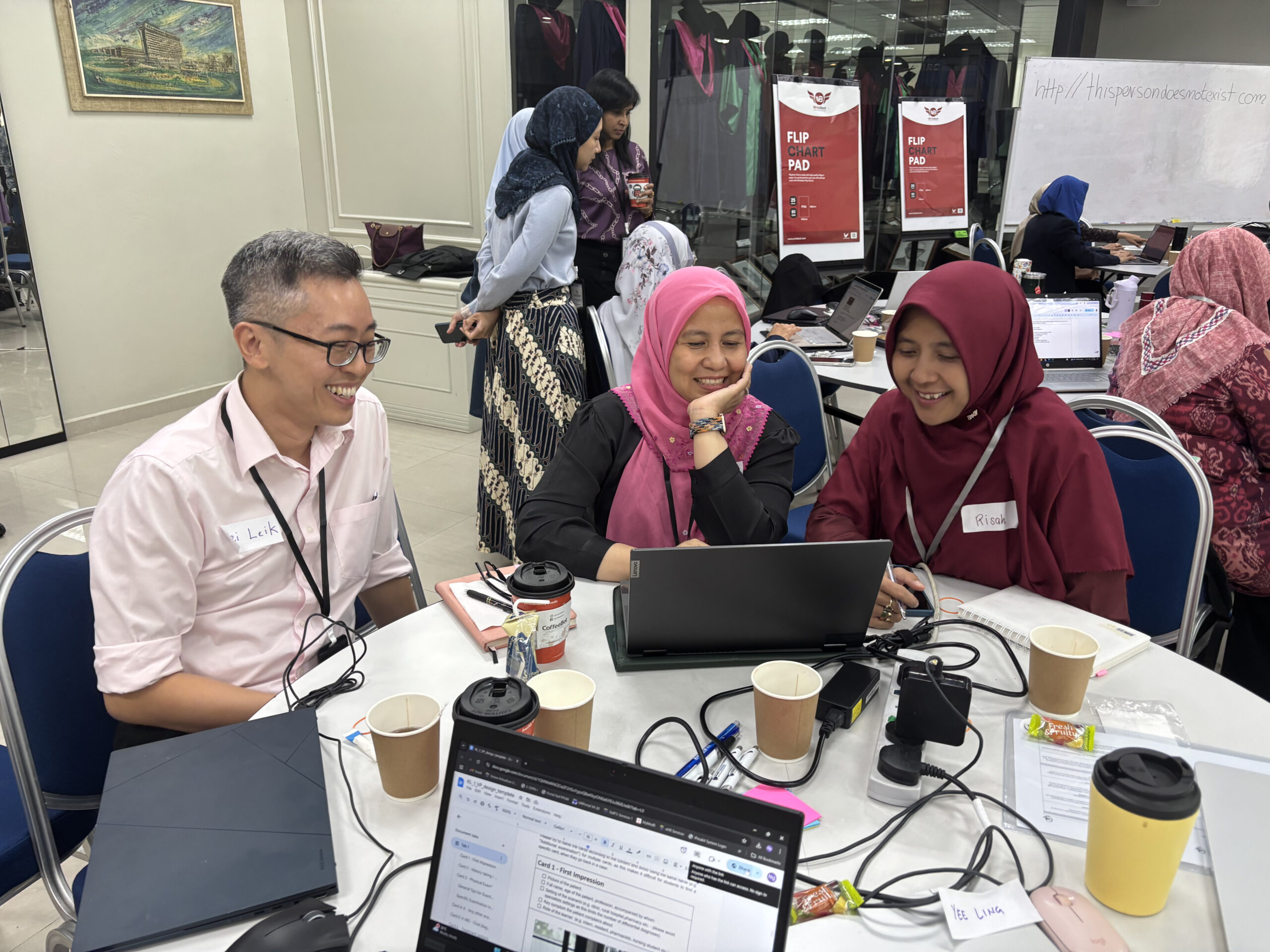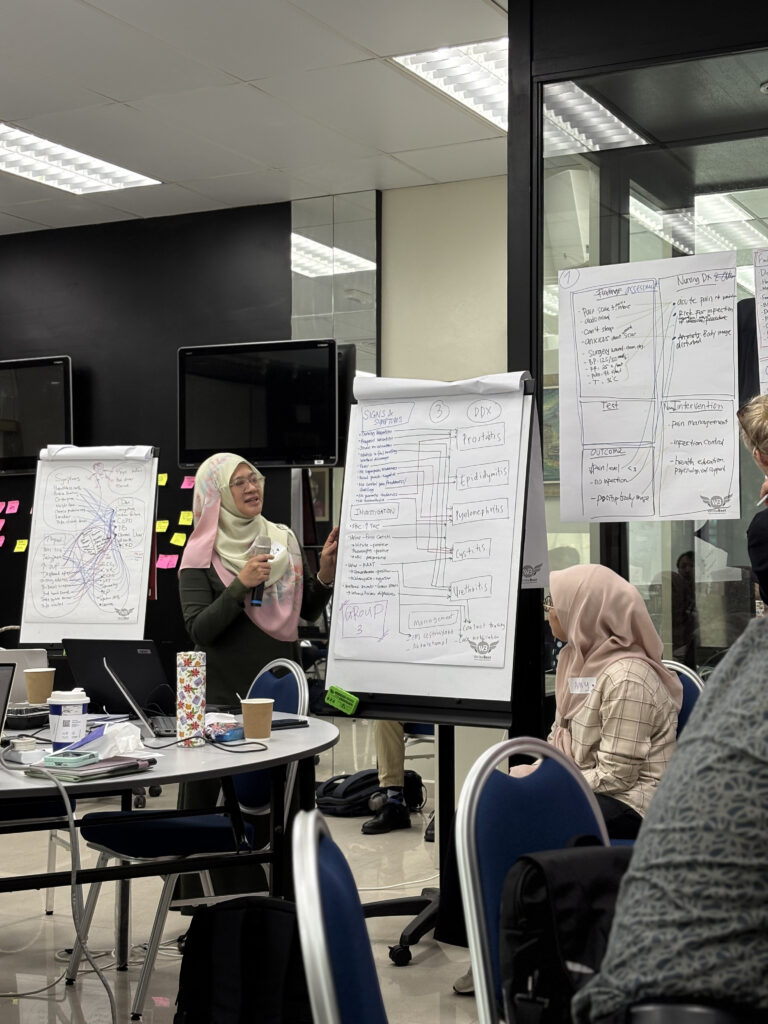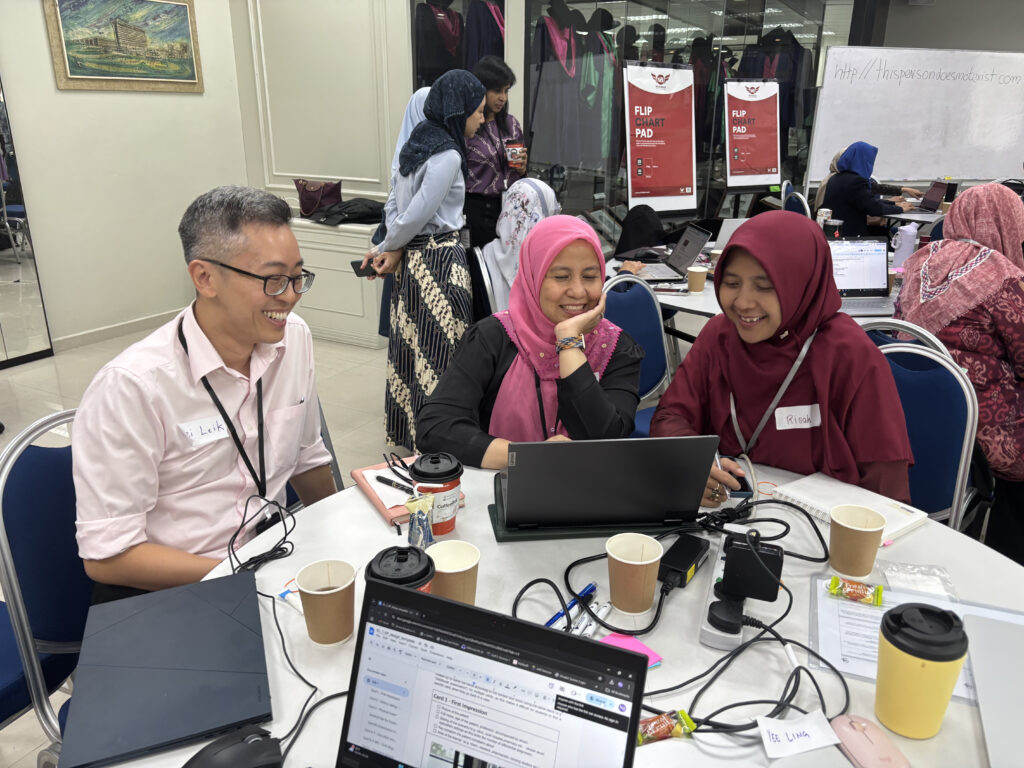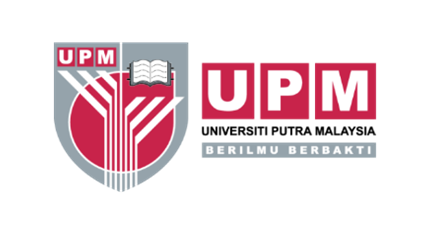


After a cup of warm coffee at the beginning of the second day workshop opening, the first workshop material began with what is meant by virtual patients. Presented by facilitators AP Dr. Andrzej Kononowicz from Jagiellonian University and Natalia Stathakarou from Karolinska Institutet, two pioneering universities in the development of virtual patients, this session discussed the implementation of virtual patients at the two universities.
"The use of virtual patients has been around for 40 years, so what we are doing today is not new, but the development will be very rapid, necessitating immediate implementation because it positively impacts the higher education learning process." According to AP Dr. Andrzej Kononowicz while presenting a meta-analysis on the development of virtual patients in the field of health education.
The next session covered an interesting topic on clinical reasoning as a skill frequently addressed through virtual patient simulations, encompassing an interprofessional definition, key components, selected basic theories, and common teaching methods used in clinical reasoning education. This session was complemented by a demonstration of the use of virtual patients in learning using the iCoViP Project through the CASUS System.
The next activity challenged workshop participants to create a virtual patient design from each university representative according to the provided template. The end of the morning session of the workshop was concluded with a very challenging small group activity involving the presentation of each group's virtual patient design using the World Café method.
After a Malaysian-style lunch, the workshop resumed with a focus on the implementation of virtual patients in the CASUS System. The facilitator walked around to ensure that the virtual patients created were correctly entered into the CASUS System. Creating virtual cases and making them seem real for use as learning materials is very challenging according to most participants. The second day of the workshop was concluded with feedback from the facilitator and participants regarding the CASUS System.
Tired but very challenging !











